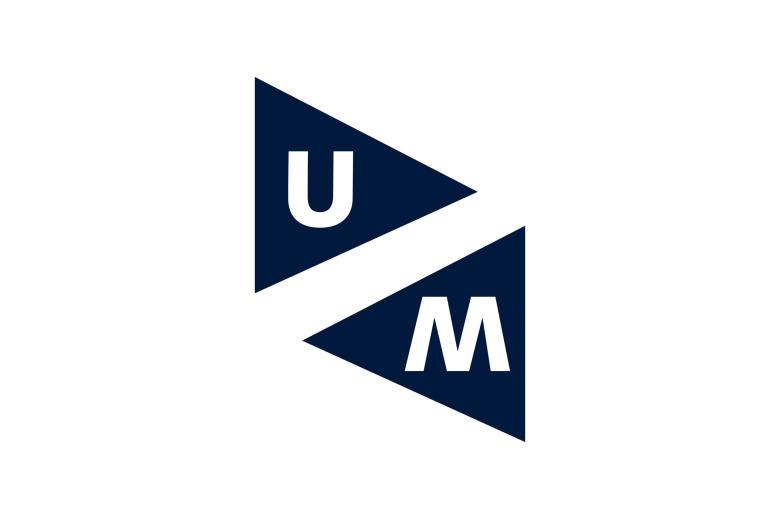Education minister calls for measures in consultation with sector
Robbert Dijkgraaf, the Minister of Education, Culture and Science, today presented his long-awaited letter on the proposed measures to curb the influx of international students. After the discussion in the Council of Ministers, the letter was sent this afternoon to the House of Representatives. On a positive note, the letter once again stresses the importance of internationalisation and refers in several places to the specific context in which border regions operate. The minister also proposes several concrete measures but also opts to consult with the sector for further elaboration with regard to, for instance, language measures.
The risk remains of new legislation being drafted with undesirable consequences. A debate in the House of Representatives is scheduled for 15 June; only after that date will it become clear whether the minister will be given the space to come up with solutions in consultation with the sector. At Maastricht University, we are in favour of consultation. The House may nevertheless require the minister to impose unilateral measures.
Confirmation of problems
In his letter, Minister Dijkgraaf outlines the themes, in broad strokes, on which he wishes to reach an administrative agreement with the sector. Without making concrete proposals, he calls for attention to be paid to the Dutch language. He reaffirms that the already outsized share of international students is growing too rapidly and requires some form of centralised regulation. He also proposes consultation with the higher education sector to find ways to reduce the pressure of the international student influx without inflicting unnecessary damage on either the sector or Dutch society at large. We applaud this approach, and call on the House to give the minister the space to pursue it.
Tailored solutions
From the outset of the discussion on international student numbers, we at UM have recognised the need for measures in places where this influx is leading to problems: where Dutch students are being squeezed out, the quality of education is suffering or housing is in short supply. At the same time, we advocate a tailored approach and oppose blanket legislation that would also apply to institutions not subject to these problems.
Going forward, we will continue to push tirelessly for tailored solutions. We were reassured that the minister, in line with his previous statements and with the wishes of many parties in the House, has reaffirmed that any new legislation should pay special attention to border regions and regions with shrinking populations. The letter acknowledges the importance of attracting international talent and the effect of geographical location, both factors that make exemption clauses only logical. In Limburg, erecting barriers for international students could severely harm our region and thus greatly reduce opportunities for our own youth. The minister also makes some statements on recruitment activities. We will study the letter in more detail in the coming days and inform the faculties in more detail as soon as possible.
Unique circumstances
The minister’s letter is available in pdf, or you can read a summary press release. UM will continue to make every effort to defend its unique international profile and emphasise the importance of international students for our region. In the coming debate, we are counting on the politicians to recognise our special circumstances and support a tailored approach that serves us all.
Also read
-
Global Citizenship for Sustainable Development grant winners announced
We are proud to announce that three projects have received funding from the Global Citizenship for Sustainable Development network at Maastricht University.

-
Inaugural lecture Jan Willem van Prooijen
What drives people to embrace radical conspiracy theories, sometimes with far-reaching consequences for society? During his inaugural lecture on Friday 27 June, Prof. Dr. Jan Willem van Prooijen (radicalisation, extremism, and conspiracy thinking) will address this urgent question.

-
Update 25 June
Last night a UM building at the Bouillonstraat was daubed with paint and slogans. A sad expression of vandalism. UM has filed a report.
